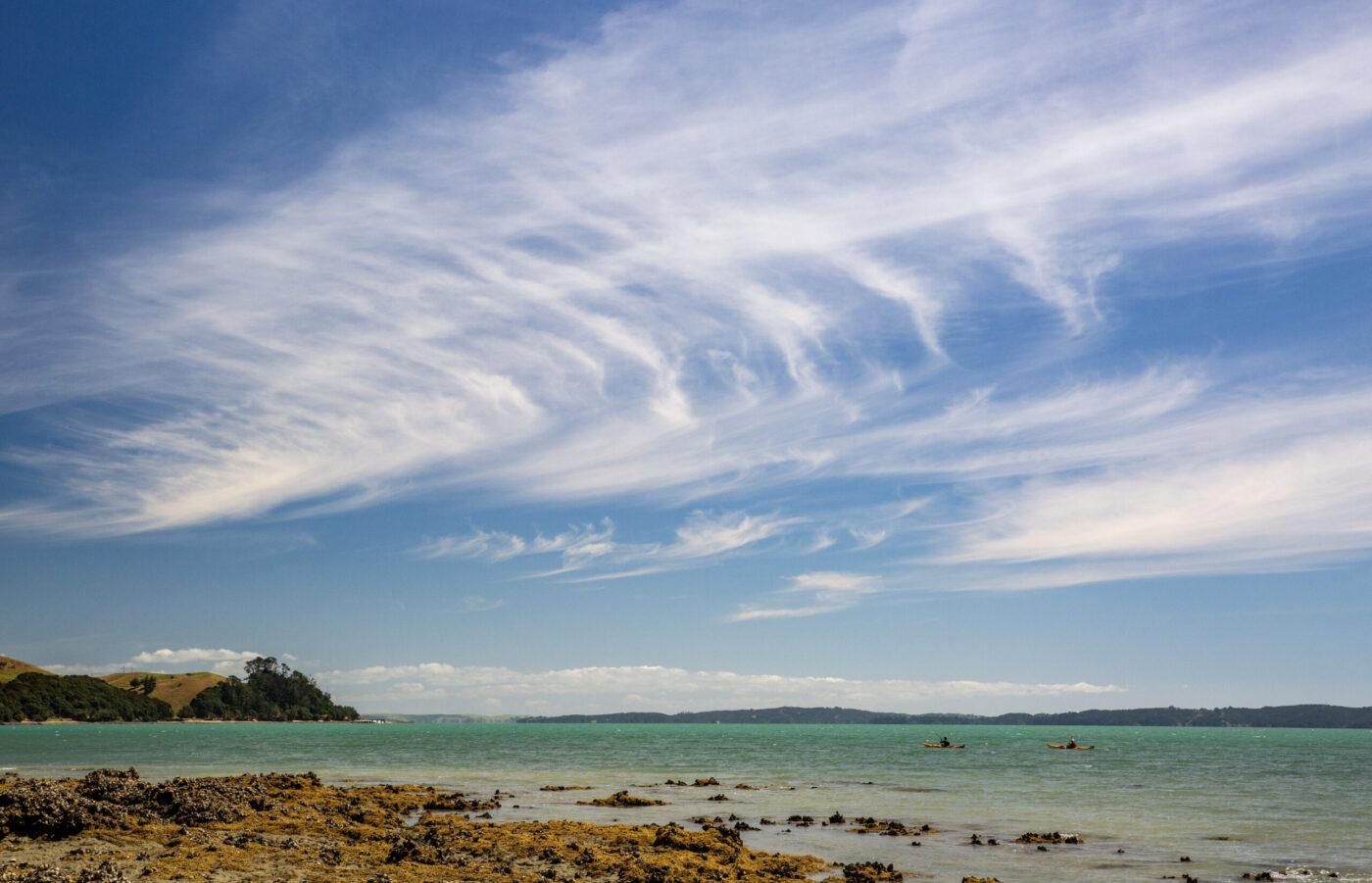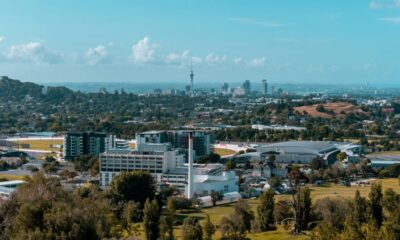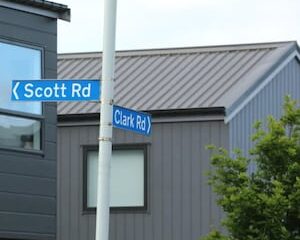Top Stories
Auckland Council Launches Comprehensive Tsunami Resilience Plan

Auckland Council has initiated a significant effort to enhance the city’s resilience against tsunamis. On September 9, 2023, the council’s Civil Defence and Emergency Management Committee adopted a series of actions outlined in the Tsunami Resilience Action Plan. This plan aims to foster communities that are better prepared to withstand and recover from potential tsunami impacts.
The action plan is part of a broader strategy aligned with the Auckland Civil Defence and Emergency Management Group Plan 2024-2029. According to Adam Maggs, General Manager of Auckland Emergency Management (AEM), community input played a crucial role in shaping the plan. He highlighted the importance of understanding local vulnerabilities and strengths, emphasizing that the plan incorporates scientific research alongside community feedback.
Key Initiatives for Community Preparedness
The Tsunami Resilience Action Plan includes several targeted initiatives designed to enhance public safety and awareness. These initiatives focus on collaboration with Auckland communities and include:
– **Public Information Enhancement**: Increasing awareness through improved signage and educational programs in schools.
– **Support for Vulnerable Communities**: Tailoring engagement strategies for marae, coastal populations, and other at-risk groups.
– **Strengthening Warning Systems**: Enhancing the existing tsunami warning systems to ensure timely alerts.
Specific actions outlined in the plan include:
– **Mapping and Modelling**: Regular updates to tsunami inundation and evacuation mapping to align with national standards.
– **Educational Programs**: Development of initiatives like tsunami hikoi (walking tours) and assistance in evacuation planning for schools and early childhood education facilities.
– **Joint Planning**: Collaboration with partners to identify and address vulnerabilities in local infrastructure.
Dr. Angela Doherty, Principal Science Advisor, noted that AEM worked closely with experts in tsunami studies and social sciences to ensure the plan is evidence-based and prioritizes community needs. She stated, “We want to build on the mahi already taking place in our communities, creating a regional uplift of tsunami resilience.”
Emergency Preparedness and Notification Systems
In the event of a tsunami emergency, officials will utilize multiple channels to disseminate warnings. Tsunami alerts will be published on the National Emergency Management Agency’s website and shared through social media platforms. Additional notifications will be broadcast across radio and television channels to ensure broad coverage.
Residents are reminded that an Emergency Mobile Alert may also be sent to mobile devices during significant tsunami threats. It is crucial to understand that these alerts do not replace the need for immediate action based on natural warning signs. Individuals near coastal areas should take immediate action if they experience:
– A strong earthquake that makes it difficult to stand, or a long-duration quake lasting over one minute.
– A sudden rise or fall in sea levels.
– Loud or unusual noises from the sea.
Local authorities urge residents to prepare household emergency plans, practice evacuation routes, and consider where to stay in the event of an evacuation. The Auckland hazard viewer map and tsunami preparedness tips are available to assist residents in planning effectively.
The Auckland Council’s proactive approach reflects a commitment to building safer, more resilient communities capable of responding to natural disasters. Through collective efforts and enhanced preparedness, the region aims to mitigate risks and protect its residents from future tsunami threats.
-

 Sports2 months ago
Sports2 months agoNetball New Zealand Stands Down Dame Noeline Taurua for Series
-

 Entertainment2 months ago
Entertainment2 months agoTributes Pour In for Lachlan Rofe, Reality Star, Dead at 47
-

 Entertainment3 weeks ago
Entertainment3 weeks agoNew ‘Maverick’ Chaser Joins Beat the Chasers Season Finale
-

 Sports2 months ago
Sports2 months agoSilver Ferns Legend Laura Langman Criticizes Team’s Attitude
-

 Politics4 weeks ago
Politics4 weeks agoNetball NZ Calls for Respect Amid Dame Taurua’s Standoff
-

 Entertainment2 months ago
Entertainment2 months agoKhloe Kardashian Embraces Innovative Stem Cell Therapy in Mexico
-

 World3 months ago
World3 months agoPolice Arrest Multiple Individuals During Funeral for Zain Taikato-Fox
-

 Sports2 months ago
Sports2 months agoGaël Monfils Set to Defend ASB Classic Title in January 2026
-

 Entertainment1 month ago
Entertainment1 month agoTyson Fury’s Daughter Venezuela Gets Engaged at Birthday Bash
-

 Sports1 month ago
Sports1 month agoHeather McMahan Steps Down as Ryder Cup Host After Controversy
-

 World1 week ago
World1 week agoSevere Winds Hit New Zealand, Over 100 Flights Canceled
-

 Entertainment1 month ago
Entertainment1 month agoTyson Fury’s Daughter Venezuela Gets Engaged at Birthday Bash





















